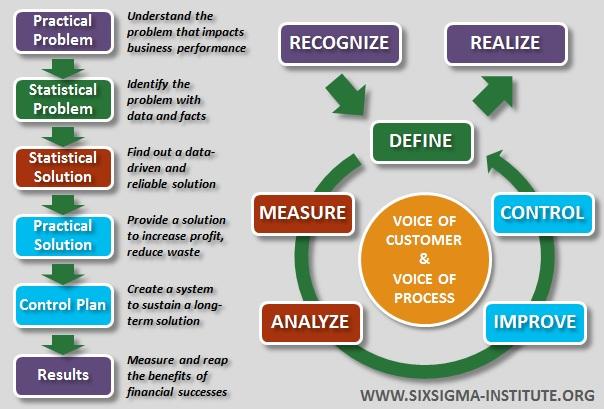In the fast-paced world of logistics, ensuring quality and efficiency is key to success. Enter Six Sigma, a methodology that has revolutionized the way companies approach their processes and operations. When it comes to transport and shipping, Six Sigma Quality Logistics is the ultimate game-changer, helping organizations streamline their operations, minimize errors, and maximize customer satisfaction. Join us as we delve into the world of Six Sigma Quality Logistics and discover the powerful impact it can have on the transportation industry.
Achieving Operational Excellence through Six-Sigma Quality
Six-Sigma Quality Logistics
When it comes to achieving operational excellence in the realm of logistics, transport, and shipping, implementing Six-Sigma quality methodologies can make all the difference. By focusing on reducing defects and variations in processes, companies can streamline their operations, improve overall efficiency, and ultimately deliver a superior customer experience. Through the use of data-driven analysis, continuous improvement initiatives, and rigorous problem-solving techniques, organizations can drive cost savings, enhance productivity, and boost their competitive edge in the market.
| Benefits of Six-Sigma Quality in Logistics: |
|---|
| 1. Improved process efficiency |
| 2. Reduced waste and rework |
| 3. Enhanced customer satisfaction |
| 4. Increased profitability |

Implementing Lean Principles to Streamline Logistics Processes
Implementing lean principles in logistics processes is key to achieving efficiency and maximizing productivity within the transport and shipping industry. By focusing on eliminating waste and optimizing workflow, organizations can streamline operations and improve overall performance. Lean principles can help in reducing lead times, minimizing costs, and enhancing customer satisfaction.
Some key strategies for implementing lean principles in logistics include:
- Value Stream Mapping: Identify and map out all steps in the logistics process to pinpoint areas of waste and inefficiency.
- Kanban System: Implement a pull-based system to regulate the flow of materials and goods, ensuring that resources are used effectively.
- Continuous Improvement: Encourage a culture of continuous improvement by empowering employees to identify and address bottlenecks in the process.

Maximizing Efficiency in Transport Management with Six-Sigma Methodologies
Six Sigma methodologies have long been utilized to improve efficiency and reduce errors in various industries, and the transport management sector is no exception. By implementing Six Sigma practices in logistics, transport, and shipping processes, companies can streamline operations, minimize waste, and enhance overall performance.
Through the application of Six Sigma quality principles, businesses can identify areas for improvement, set clear objectives, measure performance metrics, analyze data, and implement solutions to achieve optimal results. By focusing on continuous process improvement and eliminating defects, companies can maximize efficiency in transport management, reduce costs, and enhance customer satisfaction.

Ensuring Timely Delivery and Cost-Effective Shipping Through Quality Control
At the core of our logistics operations is a commitment to quality control through the implementation of Six Sigma methodologies. This approach ensures that every step of the shipping process is carefully monitored and optimized for efficiency. By utilizing statistical analysis and continuous improvement, we are able to identify and address any potential bottlenecks or areas for improvement in our shipping process.
Through our dedication to quality control, we are able to guarantee timely delivery and cost-effective shipping solutions for our customers. By eliminating waste and streamlining our operations, we are able to offer competitive shipping rates without compromising on the speed or reliability of our services. Our team is constantly looking for new ways to improve our processes and exceed customer expectations.
In Retrospect
In conclusion, Six Sigma quality is crucial in the world of logistics, transport, and shipping. By implementing these rigorous quality management techniques, companies can minimize defects, reduce costs, and ultimately enhance their competitiveness in the global marketplace. With a commitment to continuous improvement and a focus on customer satisfaction, Six Sigma principles can revolutionize the way businesses operate in these critical sectors. So, whether you’re a logistics manager, a transport operator, or a shipping company executive, embracing Six Sigma quality could be the key to unlocking new levels of efficiency and success in your operations. Embrace the Six Sigma mindset and watch your business soar to new heights of excellence.
